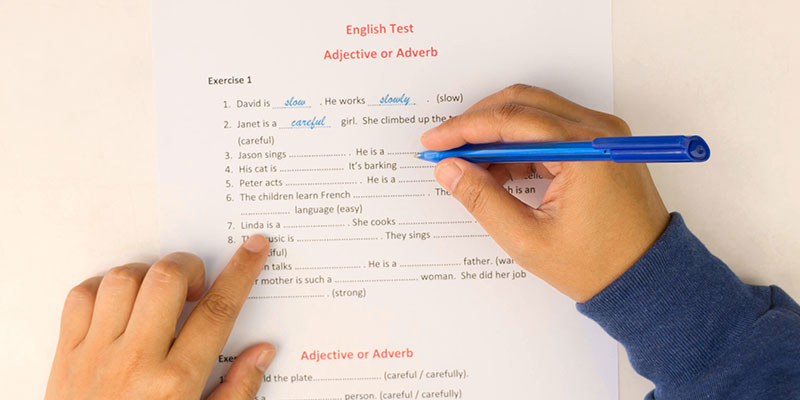
In Singapore, when children come to Primary 5, they are introduced to a new section in English Paper 1: Situational Writing. This section carries 15 marks, as opposed to the more challenging Continuous Writing, which carries 40 marks. Let's take a closer look at this new section.
Situational Writing is designed to assess the student's ability to understand a functional piece of communication such as an email, letter, report, or recommendation for a given situation. This section is interesting because it allows students to score full marks, thereby boosting the possibility of scoring impressively well in PSLE English.
This section carries 15 marks, with 6 marks for Content and 9 for Language. To score the full six marks for Content, your child needs to master the three CAP aspects:
1. Context
This section denotes the situation, the writer's identity, and the Context.
2. Audience
Who is the informative piece being addressed to? It could be the town mayor, police, principal, company manager, classmates, or the general public.
3. Purpose
What is the purpose of communication? Is it a letter of information, complaint, or commending someone?
Lastly, your child should also identify six content points required by the question and the tone of voice--whether it should be formal or informal.
In situational Writing, 9 marks are awarded for your child's ability in Language, such as:
Duration allowed for Situational Writing
The duration for Paper 1 is 1 hour and 20 minutes. Therefore, your child needs 15 to 20 minutes to complete this section. Which brings us to the big question, " How can your child score a full 15 marks in situational writing?"
To find out, read our tips in the next section.
1. Give an introduction
In situational Writing, a good introduction is essential for the examiner to ascertain your identity. The student should introduce themselves at the very beginning, even before stating the purpose.
For example, they can state: "Hello, I am XYZ, the principal of ABC School.
To write a good introduction, follow these steps:
2. Make a checklist of details
The question for situational Writing is usually given as an illustration with bits and pieces of information. Reading the entire question is vital because there could be hidden clues in the background, such as:
The next crucial detail is the Task Box, which contains the CAP information.
3. Identify the 6 required points
Every situational writing section in PSLE English will have six content points, with the sixth hidden in the task box or part of the context. Your child should:
4. Use the right tone
Using the right tone of voice is a challenge most students face with situational Writing. There are two tones to use when writing the task:
Points to remember to use the right tone of voice:
5. Link your points
Using transition words to link the points and write a coherent and interesting passage is a brilliant way to secure the full 9 marks for the Language component in PSLE English Situational writing. Here's a list of good transitional words and phrases your child can use:
6. Complete the task
Remember that of the 15 marks for situational Writing, 6 marks are allocated for Task Fulfilment. Examiners will award task fulfilment marks if the six-point information is fulfilled. A complete Task Fulfilment should have the following information:
7. Give an appropriate conclusion
Most students struggle with the conclusion, especially when writing the composition or situational writing section in PSLE English. Two common mistakes that students often make with conclusions are:
Let's deal with the first mistake- ending off abruptly. Whether it is a formal or informal communication, there is usually some form of action you want the addressee to take after reading the mail or letter. At this juncture, using phrases like, " I hope you will...." or "I look forward to......." and "Thank you for your kind attention."
To avoid the second mistake, you should maintain a suitable tone of voice, especially if it is formal communication. Avoid lending an emotional tone to the conclusion. The right ending should always convey the right message with a polite tone.
Situational Writing is but a small component in PSLE English. However, this component will help you refine your communication skills in the real world. There will be many situations requiring your child to write a letter or an email regarding an incident. Therefore, emphasise the importance of Situational Writing and use our tips to train them to obtain full marks in this component.
You may also subscribe to StudySmart, Singapore, our intelligent online platform, to personalise your child's PSLE preparation. Did you know that parents can also benefit from StudySmart? Want to know more? Just give us a call or reach out to us via email!
Want to know what's happening in Study Smart? Click and visit our Google Business Website and get acquainted with the latest trends in the PSLE learning platform.
No. 1, North Bridge Road,
#07-07 High Street Centre,
Singapore - 179094
Phone: +65 8488 8686
Email: enquiry@studysmart.sg